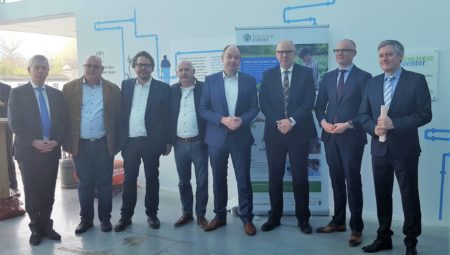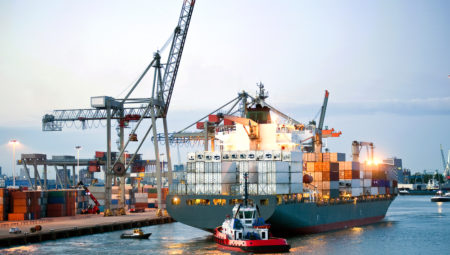According to Joost van den Akker, member of the Provincial Executive of Limburg, that is premature. ‘We are well on target. A transitional process simply cannot be realised overnight.’ It is much more that the businesses themselves are impatient, especially SMEs, states Rob Voncken of Green PAC. ‘Their reasoning is based on the perspective of a good, swift business case. That is a logical focus. With biobased you are trying to get something going that is not automatically economically viable.’
Stimulating markets
To stimulate the bio-based economy, the government could take more action as a launching customer. ‘A government that buys bio-based products is the best way to help boost the market’, says Rop Zoetemeyer of Biobased Delta. Kwant thinks that deliberate green purchasing by businesses and authorities is quite successful. ‘Consider Rijkswaterstaat (Directorate-General for Public Works and Water Management) that procures biobased fencing or green bitumen. Or the Mars corporation that uses biobased wrappers. These are hopeful signs.’
According to Voncken, that role of buyer is actually more essential than the role of subsidy provider. ‘Projects like the biocomposite bicycle bridge, in which we participate as Green PAC, are impossible to make cost-effectively if the government does not take action as launching customer.’
After all, the switch to bio-based is essential. Zoetemeyer: ‘If the industry does not become circular or biobased, it will disappear. And that means we will lose our prosperity. We have no choice.’





